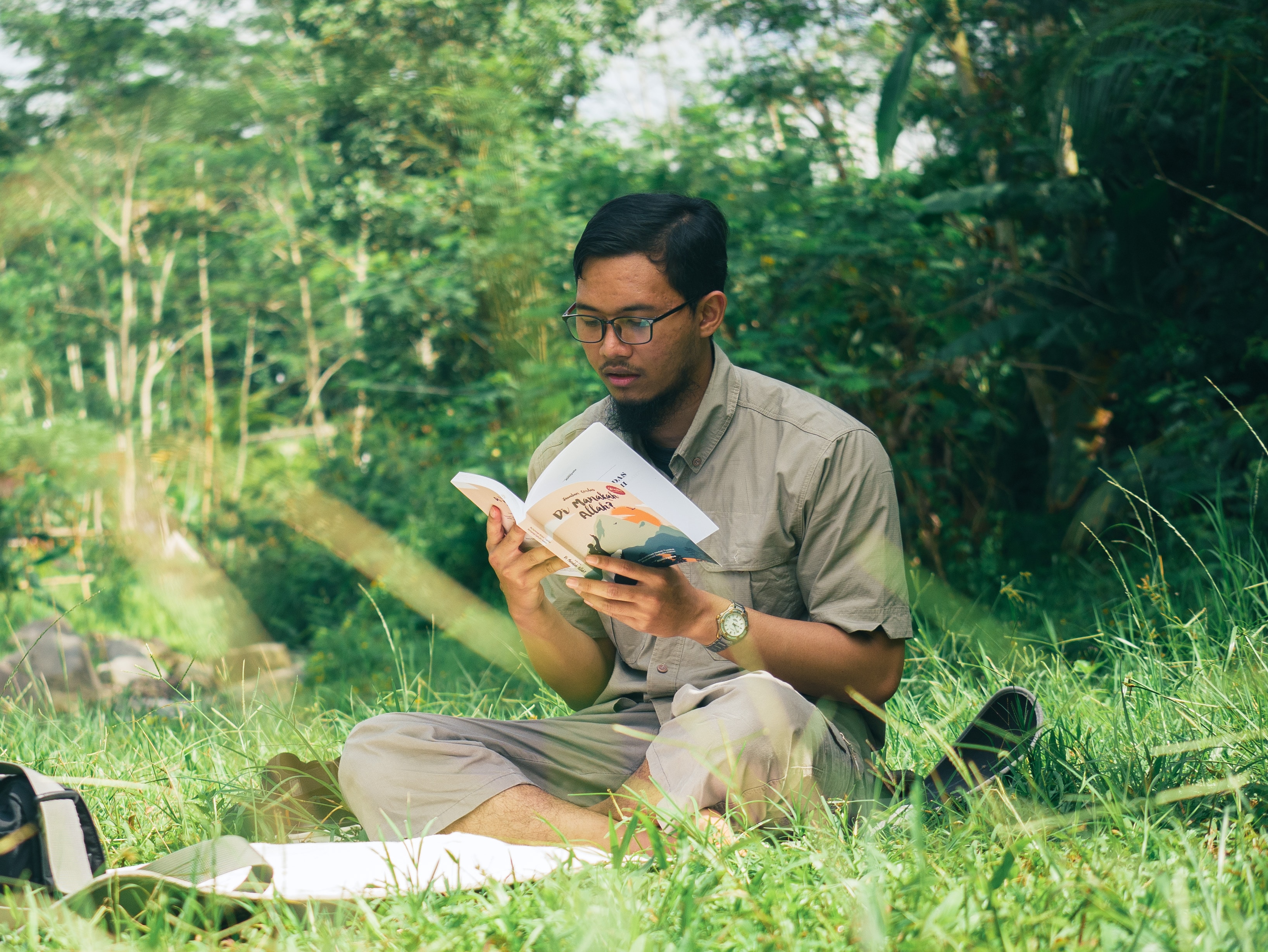THIRD INSTALLATION
Parts Seven through Nine
Note: This is the third installment of a three part series exploring how ancient wisdom teachings may be relevant for health care professionals. For background, see the first installment and second installment of this ongoing series.
Part 7: Third of the Five Mindfulness Trainings, Wise Relationship with Sexual Energy
Trigger warning: This training touches on a topic which may be highly sensitive, including for anyone who may have experienced sexual trauma

Health Care Professionals Version
Aware of the suffering caused by sexual misconduct, I am committed to developing a wise relationship with sexual energy. I recognize that sexual energy has great power and potential for benefit as well as harm, in my personal life as well as in my workplace and in society. Seeing that that body and mind are one, I will learn to take care of my sexual energy and learn better ways to cultivate the four elements of true love in my work – namely, kindness, compassion, joy, and inclusiveness. Understanding that sexual energy is too-often confused with power and domination in our society and workplaces, I will develop my capacity for discernment in order to respect and protect the rights and integrity of others. I am aware of the trauma caused by sexual harassment and abuse, and discrimination due to gender, gender identity, and sexual orientation. I will do my best to protect patients, colleagues, trainees, and myself from the harms of sexual misconduct, sexual abuse, and discrimination. I will contemplate ways in which I as a health care professional might be able to identify and reduce some of the systemic factors related to sexuality, gender, and intersectionality, that disproportionately harm some individuals and groups in our workplace and in society.
Commentary
I find this mindfulness training the most difficult to talk about. Traditionally, this precept was about “sexual misconduct.” But, what is sexual misconduct? Sexuality and gender identity is such a sensitive topic, varies by individual and community and culture, and the discussion can be fraught with risk and controversy. In addition, this training (precept) has traditionally been interpreted as pertaining to the most personal of behaviors and relationships, not professional. A reader might also ask, “What does sexual misconduct have to do with health care?” In the spirit of living one integrated life personally and professionally, we can still examine how this personal issue are not completely separate from social and systemic issues, and can still show up at work in health care. For example, how does sexual abuse and harassment, discrimination against LGBTQ people, and gender roles and expectations show up in my workplace? And, how can I become more aware of it, and respond to it in a way that is aligned with my core values? This is my attempt to articulate a mindfulness training on sexuality in a way that embodies the four elements of true love, and moves it a bit out of the personal realm and into a health care professional realm
Part 8: Fourth of the Five Mindfulness Trainings, Compassionate Listening and Loving Speech

Health Care Professionals Version
Aware of the suffering caused by unmindful communication, I am committed to cultivating compassionate listening and loving speech, in order to relieve suffering and to promote community building and healthy relationships with my patients, colleagues, and trainees. Knowing that deep understanding is the foundation of relationship and trust building, I am committed to learning better ways to listen deeply to the people I serve and work with. I will learn to open my mind and heart to receive the spoken words and unspoken messages of the other person, with the primary intention to be fully present for the other person and relieve their suffering. Knowing that my words can create happiness or suffering, I am committed to learning better ways to choose my words mindfully, aligning them with my value of connection and love. I will speak truthfully and with compassion, using words that inspire confidence, joy, and hope. Mindfulness will also help me to recognize those moments when strong emotions such as anger are present in myself and/or the other person, and temporary silence might be the most compassionate and skillful response.
Commentary
Dr. Eric J. Cassell, one of the pioneers in medical ethics, wrote that spoken language is the most important diagnostic and therapeutic tool in medicine, and “We must be as precise with it as a surgeon with a scalpel.”[1] As health professionals, communication is critical in everything we do, from direct clinical work to teaching, research, leadership, and advocacy. Unskillful, hurtful, and/or inaccurate communication has been identified as a key contributor to many of the biggest problems in health care ranging from patient distrust, to medical errors, to trainee and professional burnout.
Mindful Communication has been described as two wings of a bird[2]. Just as a bird needs two wing to fly, mindful communication needs both Compassionate Listening and Loving Speech in order to come alive. Compassionate Listening involves presence, non-judgment, and compassion, as well as refraining from interrupting, correcting, or getting distracted by planning what to say next. This is very different from the kind of listening that many of us are used to in a high-pressure health care environment, which is typically much more focused on “getting stuff done,” diagnosing, fixing, or debating. Deep listening is the foundation for understanding, and understanding is the foundation for building love, compassion, and trusting relationships.
The second wing of the bird, Loving Speech, invites us to bring awareness to our what we say, and choose our words skillfully and with compassion. Loving Speech means remembering what is most important, what our core values are, and choosing our words grounded in that awareness. With mindfulness, we can pay attention moment to moment during a difficult conversation, attending to our own inner experiences, and discerning what is most important in that moment. Sometimes, de-escalating a conflict, building trust, and fostering a relationship is more important than being “right” in that moment. Sometimes, loving speech involves finding the courage to speak a difficult truth, articulate boundaries, and protect ourselves and others. Sometimes, anger prevents us and/or the other person from communicating compassionately and effectively. In those moments, if our physical safety is not under immediate threat, it may be most skillful to withdraw from the conversation temporarily, so that we can tend to our own emotions and then decide what to do next that could be constructive and not worsen the situation.
Mindful communication is especially important in situations of conflict, where the potential for our work breaking down and causing more suffering is high. Systematic approaches such as Non-Violent Communication[3] can help us to hone our skills and language. Even more important than any method or technique, is to remember our primary intention to foster connection, relationship, and community. From the foundation of authentic relationship and community, more creative solutions and shared understandings are possible. Like all mindfulness trainings, developing our capacity and skills in mindful communication is a lifelong journey. We can look for opportunities both big and small to bring more skill and mindfulness into our daily communications, and also practice self-compassion every time we miss the mark.
Part 9: Fifth of the Five Mindfulness Trainings, Mindful Consumption

Health Care Professionals Version
Aware of the suffering caused by unmindful consumption, I will do my best to choose carefully what I take into my body and mind, for the better health of myself and others. I aspire to live and work with as much clarity as possible in each moment. I wish to be able to stay in touch with the joys of life, as well to be able to be show up fully to suffering and pain when it arises. I will be mindful of intoxicants that I may take into my body, which could pull me away from my capacity to be fully clear and present in life. I am also aware that we live in an environment saturated with substances, media, conversations, and distractions, many of which feed our fears, anxieties, and addictions. I will do my best to be aware of what is happening in the world around me, including the pain and challenges of our times, but without becoming lost or overwhelmed in despair. I will be selective and mindful about where I choose to put my time and attention, remembering as best I can in every moment what is most important to me and to my aspiration to be a healer.
Commentary
Zen Master Thich Nhat Hanh has invited us to look more deeply into this precept, which traditionally has been translated as “do not use intoxicants.” In modern life and work, this training can be a doorway to look deeper into our daily behaviors and choices.
In Buddhist psychology, “consumption” can refer to both food and substances such as drugs, as well as “sense impressions” such as media, conversations, what we take in to our eyes and ears. All of this consumption affects our consciousness. In Buddhist psychology, mental formations such as emotions and thought-habits are referred to as “seeds.” We all have seeds of anger, fear and resentment deep in our own consciousness, as well as seeds of hope, love, and awareness. Everything that we consume will water certain seeds. Whatever seeds we choose to water will grow stronger.
When these seeds are touched in daily life, they can come up to consciousness, and affect our behaviors in ways that are both helpful or harmful to ourselves and others. For example, we all have seeds of anger, and we all may experience our anger arising in certain situations when these seeds are watered. We may also choose how to act (or not act) when anger arises. For some of us, the seed of anger may be stronger or weaker, depending on many things including how those seeds may have been watered (or not) in our lives from a young age. This training is about developing our capacity to choose where we place our attention in any moment, in order to water the seeds that we wish to grow, refrain from watering seeds we do not wish to strengthen, and retain freedom and sovereignty over our own consciousness.
The spirit of this training (as with the others) is an invitation, a lens to bring more awareness into our own lives, behaviors, and choices. It is not meant to be used as a weapon to judge ourselves or others. We know that there may be many good reasons, such as pain and trauma, that some people may consume certain substances or engage in distractions. We do not need to judge ourselves or anyone else. What we can do instead is to bring more awareness to our own lives and behaviors, care for whatever arises as best we can, and do our best to align our choices with our deepest values and with what is most important in each moment.
[1] Cassel EJ. Talking with Patients: Clinical Technique. MIT Press, 1985. https://mitpress.mit.edu/9780262530569/talking-with-patients/
[2] Dr. Joanna McDermid, https://keltymentalhealth.ca/mindful-communication
[3] Sofer, Oren Jay. Say What You Mean: A Mindful Approach to Nonviolent Communication. Shambhala, 2018.